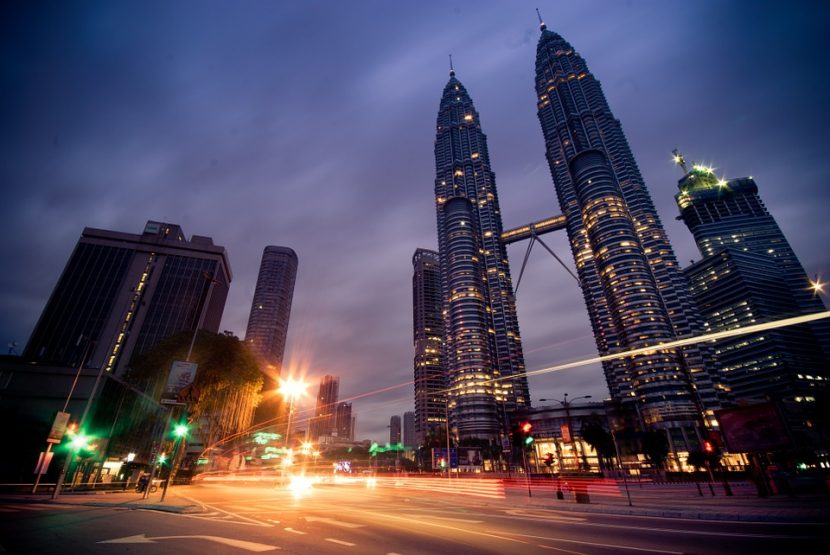FREE MALAYSIA TODAY. 14TH SEPTEMBER: Some experts tout the benefits of harnessing energy from the sun but others warn of the challenges and pitfalls.
An economy ministry proposal to tile rooftops of residential properties to harness solar energy has drawn both praise and criticism.
Proponents tout the financial benefits of such a move but critics see it as impractical and unachievable.
Economy minister Rafizi Ramli said recently homeowners would be encouraged to install solar panels on their rooftops to serve as an alternative power generator.
He said homeowners could then earn additional income by leasing out the solar panels or sell excess energy to the grid.
Rafizi said this was part of a government’s long-term vision to have solar panels atop homes, mosques, halls and factories. The government is allocating RM80 million to install solar panels on the rooftops of government buildings to kickstart the project.
Center for Market Education fellow Consilz Tan said the immediate payback for developers would include tax incentives and enhanced marketability of their properties while for homeowners, there is the opportunity to earn extra income or reduce their energy costs.
Tan said the promise of such benefits could help to promote the adoption of renewable energy, especially for homeowners and business owners.
She said solar rooftop leasing projects offered attractive prospects for potential investors, adding that these initiatives played a vital role in supporting Malaysia’s transition towards sustainability.
“These projects will be able to attract investors. Among all renewable energy sources, solar energy stands out as the most promising (investment),” she told FMT Business.
Referring to a study she conducted, Tan revealed that there was an overall positive sentiment among Malaysian homebuyers towards eco-housing solutions.
This optimistic outlook stems from the anticipated long-term savings associated with sustainable living practices, she said.
Tan said the analysis showed that people were prepared to pay 6.47% more for eco-friendly housing and 2.41% more for proper maintenance of environmentally friendly facilities than they would for conventional housing.
However, she acknowledged that property developers might encounter challenges related to equipment maintenance and optimisation.
She said it was necessary for developers to commit to long-term upkeep to ensure optimal equipment performance.
Real Estate and Housing Developers Association (Rehda) president NK Tong said developers could potentially leverage on solar rooftop leasing to generate and distribute green energy to commercial spaces within their townships.
“But the ultimate beneficiaries are homeowners who will be able to rent their rooftops for the solar panels without much hassle,” he told FMT Business.
“Rooftop solar leasing will generate income for homeowners, which can help to offset household expenses, including electricity consumption itself.”
On the other hand, chartered surveyor Ernest Cheong pointed out that the buy-in from an entire neighbourhood is essential to make such a plan work.
“If just one household rejects the offer the implementation will be blocked,” he told FMT Business.
Cheong said some families may be reluctant to participate given the extensive work and cost involved in burying cables, linking power lines and installing the panels.
“If the private entity cannot underwrite the cost and the solar project is abandoned before completion, it will be financially stressful and a burden for the government,” he said.
Property consultant Siders Sittampalam said such a plan would not work for the B40 given that they mostly live in flats or smaller houses, leaving little space for solar panels.
However, he told FMT Business, the plan could be more viable for those in the M40 group.
Compared with the B40 group, their energy bill would be higher, making it a more attractive option, he said.


